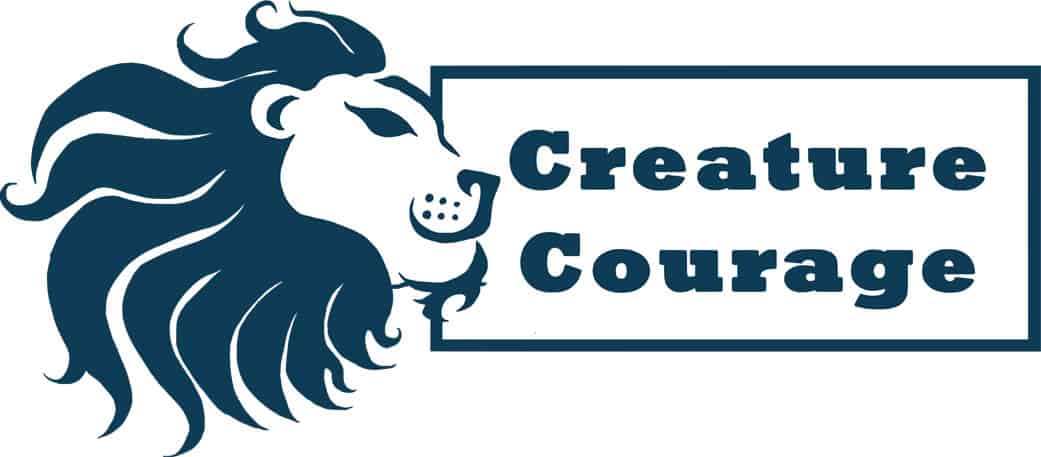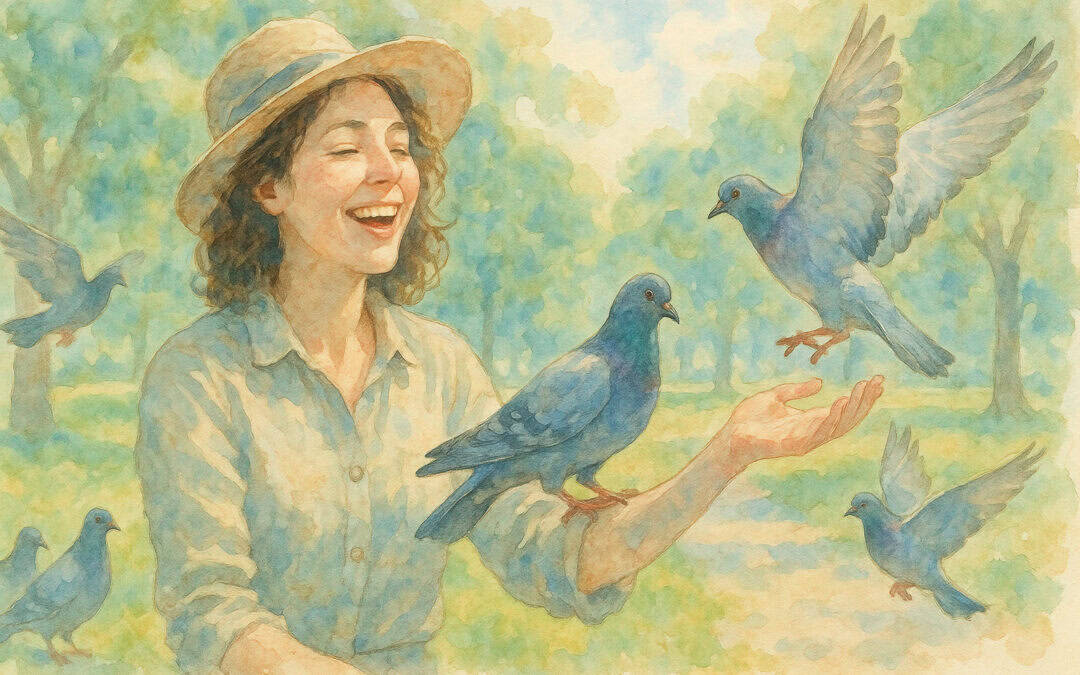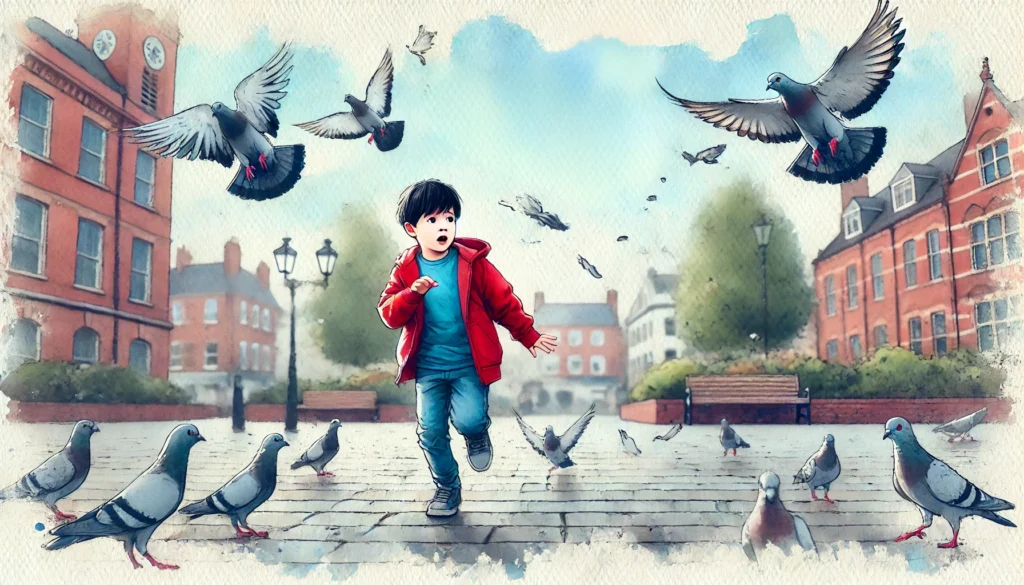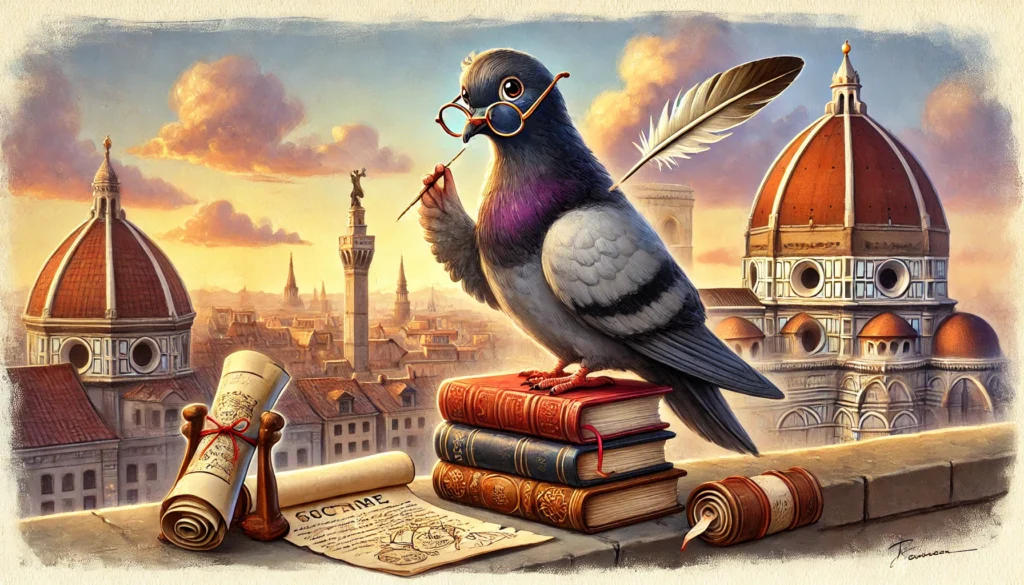The Fear of Pigeons
It’s almost impossible to walk through a city without encountering pigeons, they are as much a part of urban life as roadworks and coffee shops. These plump grey, cooing birds can be found in nearly every town square and park across the world. As plentiful as they are and as much as we are constantly exposed to them, for some, the sight of pigeons triggers intense fear and anxiety.
This specific phobia is usually a form of ornithophobia (the fear of birds), can significantly impact daily life. Pigeons are one of the main birds that trigger this fear as they do not keep their distance as many other birds do. For those afraid of pigeons, this can seriously limit the enjoyment of life. Parks become a no go, visiting the town centre impossible, and even train stations can become an nightmare. A pigeon phobia can fill a person with dread just leaving the house. Lets learn more about pigeons and why people become afraid of them.
What Causes a Fear of Pigeons?
The fear of pigeons, like many phobias, often stems from childhood experience or learned behaviour. We could argue that the amount of times we come into contact with pigeons as children makes it much more likely we’d have a fear of pigeons than, say, a fear of sharks. Pigeons share our living spaces and are friendlier than other birds because they are actually feral domesticated animals.
Some common causes of pigeon phobia include:
- Startling encounters: Pigeons’ tendency to suddenly take flight when approached, usually en masse with the accompanying pulsating chorus of rapid flapping wings, can be alarming – especially for children or unsuspecting passers-by.
- Negative associations: Urban myths about pigeons carrying diseases can contribute to fear and lead to ingrained habits around avoidance. Yes, if you ingest their droppings you could get sick but, seriously, when is that at all likely?
- Overwhelming presence: Pigeons tend to move around in flocks and any large number of birds in confined spaces might trigger feelings of being outnumbered or trapped. A confined space could even be a park where pigeons are taking up a large area and making you feel like you cannot move freely.
- Learned behaviour: As with all fears, observing others reacting fearfully to pigeons can lead to developing a similar fear. This is particularly true for parents passing on the fear to children. Whether through negative language or avoidance behaviours, young children pick up our cues, whether we want them to or not.
- Negative media portrayals: Films or news reports depicting pigeons as pests or carriers of disease can reinforce fear. The term ‘rats with wings’ doesn’t really help pigeon’s reputation either.

Which Aspects of Pigeons Trigger Fear?
Most animal phobias are rooted in the fear of being out of control and unpredictability. And pigeons are very unpredictable, often taking flight at a moment’s notice close to our faces. Understanding what specifically triggers fear can be crucial in overcoming it. Common fear triggers associated with pigeons include:
- Flapping wings: The sudden flapping when pigeons take flight has the power to startle, even those who have no fear of birds or pigeons. Even the sound of flapping can send someone with a pigeon phobia into panic.
- Unpredictable movements: Pigeons’ often display quick, jerky movements, leaving you unsure as to what action they are about to do next.
- Large numbers: There’s safety in numbers and birds often deter predators by staying in large flocks. However, for us, encountering a flock of pigeons can feel overwhelming. It’s not just the size but the noise that goes along with them.
- Cooing sounds: The distinctive sound pigeons make might trigger anxiety in some individuals. Certainly, if you have a fear of pigeons, their sound isn’t just something to avoid but a potential panic response, inducing stress, an elevated heart rate, sweating and other reactions.
- Droppings: Whilst nobody wants a bird to poop on them – it’s happened to most of us, me included! Fear of contamination from pigeon droppings is common.
Is Fear of Pigeons Rare?
Specific statistics on pigeon phobia are limited, fear of pigeons is relatively common, especially in urban areas where encounters are frequent. Most people seem to avoid pigeons, at the very least, but few would consider this a fear of pigeons, despite the response.
Yet, it’s often considered a subset of ornithophobia, which affects a significant portion of the population. If you’re concerned about your reaction to pigeons, consider taking an online phobia test or consulting a mental health professional for a proper assessment.
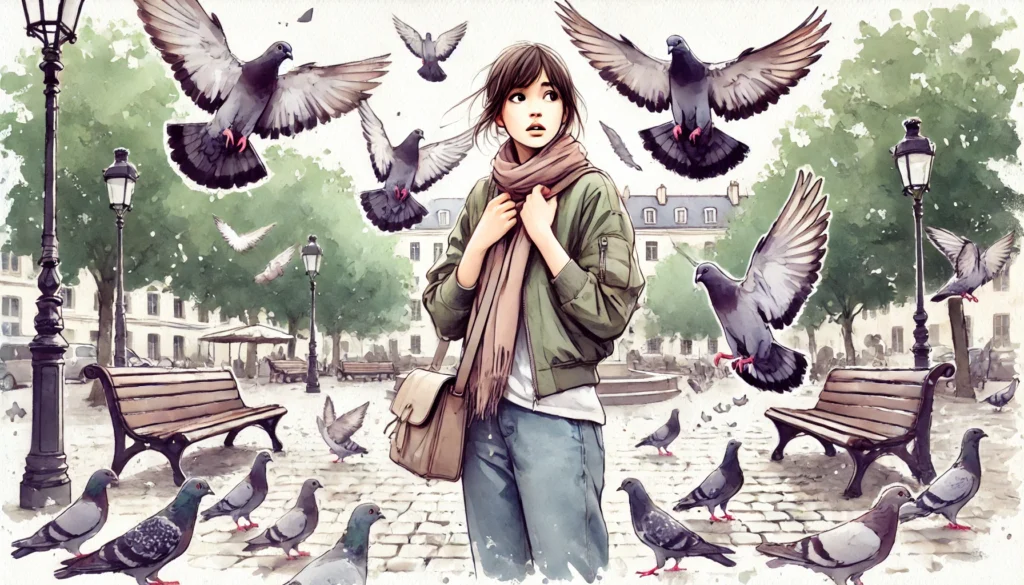
The Fascinating World of Pigeons
Understanding pigeons can help turn fear into fasciation, a powerful tool in overcoming fear. It can also help build compassion which also helps to transform pigeons from monsters into creatures that deserve care and appreciation. Despite their sometime negative reputation, pigeons are remarkable creatures with some truly impressive abilities.
Dispelling Common Myths About Pigeons
Many people misunderstand pigeons, so it’s time to correct the record. A widespread myth claims they spread disease. However, over 60 years of epidemiological research has found very few cases of disease transmission from pigeons to humans. In fact, the risk is so low that it’s often said you’re more likely to be struck by lightning than fall ill from a pigeon.
Another common misconception is that pigeons breed uncontrollably. In reality, their population is self-regulating and based on food availability. Many people also believe that doves and pigeons are different species. They are not—“dove” is simply a name used for certain pigeon breeds. Lastly, pigeons are far from dumb. They are among the most intelligent bird species, capable of complex learning, problem-solving, and even recognising human faces.
Pigeons Are Highly Intelligent
Recent research consistently proves that pigeons are highly intelligent creatures. Studies from the University of Iowa and Ohio State University have shown pigeons can learn through repetition and reward, using a method similar to artificial intelligence.
In experiments conducted by researchers at Ohio State University and the University of Iowa, pigeons were presented with various visual categorization tasks. The birds learned to distinguish between different images through trial and error, a method similar to the “brute force” approach utilized by AI models. This learning process enabled pigeons to achieve high accuracy in tasks that even humans find challenging.
Furthermore, pigeons have demonstrated the ability to comprehend abstract concepts such as space and time. This is a trait that only humans and primates have been able to achieve so far.
Additional studies at the University of Iowa provided ground breaking proof of this. Pigeons were trained to assess the length of lines and the duration they were displayed on a screen. The birds consistently judged longer lines as lasting longer and vice versa, suggesting they process spatial and temporal information in an integrated manner. Interestingly, pigeons achieve this without a parietal cortex, the brain region humans use for such tasks, indicating they utilize different neural pathways to reach similar cognitive outcomes.
Pigeons can also recognize human faces, understand abstract concepts, and, further, it has been found that pigeons can distinguish between different styles of painting, Monet and Picasso, no-less!
These findings underscore the sophisticated problem-solving skills of pigeons and highlight the parallels between avian cognition and artificial intelligence. Recognizing the intelligence of pigeons not only reshapes our understanding of these birds but also offers insights into the fundamental principles of learning and cognition across species.
Historical Importance of Pigeons
Pigeons have shared a close relationship with humans for millennia, making them one of the earliest animals to influence human civilisation. Widely considered the first bird to be domesticated, pigeons are referenced in ancient Mesopotamian cuneiform texts and Egyptian hieroglyphics, dating back over 5,000 years.
Artistic depictions of pigeons from as early as 4500 BCE have been uncovered in modern-day Iraq. Furthermore, archaeological research suggests domestication may have begun as far back as 10,000 years ago. While originally kept for meat, their remarkable homing instinct quickly caught human attention, broadening their value.
Soon after domestication, pigeons became vital messengers. The earliest known pigeon-based communication system emerged in Syria and Persia around the 5th century BC. By the 12th century AD, a vast network of cities across Baghdad, Syria, and Egypt relied solely on pigeons for messaging.
In Roman times, pigeons delivered Olympic results, and this tradition is echoed today in the ceremonial release of white doves.
Under British rule, pigeon post services thrived in India and weren’t discontinued until 2004. Even their droppings were once so valuable that armed guards were assigned to pigeon houses. In 16th-century England, guano was the only known source of saltpetre, an essential ingredient in gunpowder.
Pigeons’ Incredible Navigation Skills
Homing pigeons (Columba livia domestica) are famous for their exceptional navigation. They can travel hundreds of miles and still return precisely to their home lofts. This ability stems from a combination of magnetoreception, visual memory, and spatial awareness. Magnetoreception refers to their sensitivity to Earth’s magnetic field, which they detect through magnetite-based receptors in their beaks.
These receptors connect to the trigeminal nerve, giving them an internal compass. Studies have shown that their brainstem and inner ear activate in magnetic fields, suggesting sophisticated navigation mechanisms.
Besides magnetic orientation, pigeons rely on visual landmarks and human-made structures. GPS tracking studies show they often follow roads and make turns at junctions, much like humans. Moreover, recent research proposes that pigeons use infrasound—low-frequency waves from natural events like ocean surf—to form “sound maps” for guidance, especially in unfamiliar territory.
The combination of magnetic, visual, auditory, and possibly olfactory cues creates a multi-layered system that rivals modern navigation technology. It’s no surprise that scientists are continually fascinated by the homing ability of pigeons.
Pigeons as War Heroes
Pigeons have played a heroic role in warfare, often acting as lifesaving messengers. Their resilience, loyalty, and ability to navigate under extreme conditions made them invaluable. Pigeons were even carried in aircraft to relay messages if a pilot was shot down.
One such bird, Cher Ami, became famous for delivering a critical note that saved 194 American soldiers during World War One. Another heroic pigeon, GI Joe, carried a message that stopped a bombing and saved more than 1,000 lives, according to BBC News.
Throughout major global conflicts, pigeons were deployed in significant numbers. The United States used around 55,000 pigeons, while the UK employed approximately 200,000. Although the total number of lives saved is difficult to measure, the contribution of pigeons to military communication was immense. They delivered messages across enemy lines, through gunfire, and over vast terrain.
Their role was not only strategic but deeply impactful. It’s even been said that some of us might not be here today if not for the bravery of these birds.
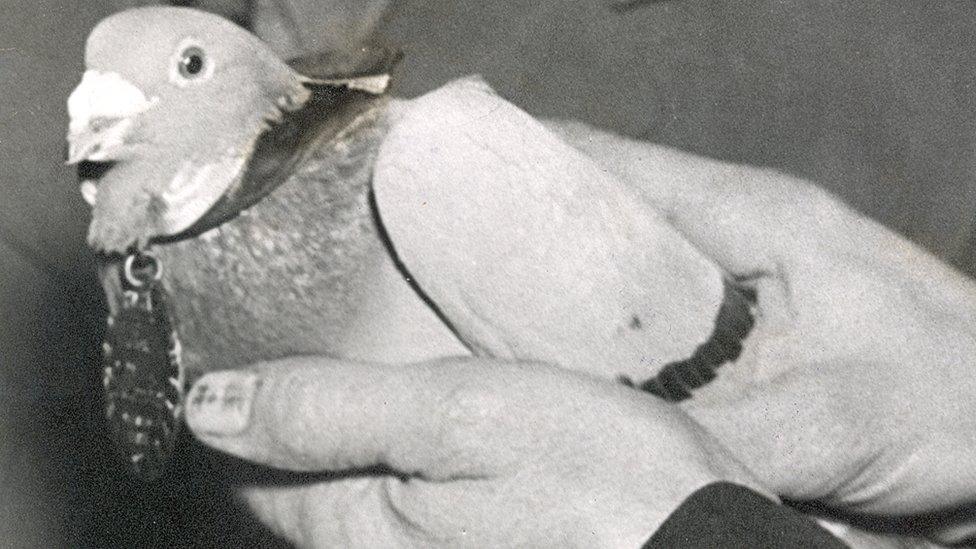
Pigeons are Loving Parents
Pigeons are exceptional when it comes to parenting. Both the male and female take equal roles in raising their young. They alternate incubating their eggs and jointly feed their chicks a special substance called “crop milk,” rich in nutrients essential for early development. This cooperative feeding method ensures the health and survival of their offspring.
Pigeon pairs are monogamous and form long-term bonds, often raising several broods together. Their strong emotional attachment to each other and their chicks highlights their caring nature. Observing their behaviour offers a touching insight into the empathy and dedication pigeons possess. These family-oriented traits challenge the stereotype of pigeons as unintelligent or dirty birds.
Why Pigeons Need Our Help
Street pigeons in the UK are not wild animals but feral descendants of once-domesticated birds. They were bred and spread worldwide by humans and later left behind. Seeing pigeons on pavements is no different to seeing a stray cat or dog, yet public sympathy is much lower. These birds form emotional bonds and rely on human support for survival.
Research shows that about 90% of feral pigeons die within their first year, mostly due to starvation. While they have adapted to urban life, their well-being still hinges on human compassion. Domesticated animals, by definition, need care and connection from people. Pigeons thrive in supportive environments and suffer when left to fend for themselves. Offering them kindness and understanding can dramatically improve their quality of life.

Pigeons Suffer from Human Cruelty
Despite their long-standing bond with humans, pigeons face widespread cruelty. In cities across the UK, poisoning remains a common method of control, often resulting in slow and painful deaths. Netting on buildings may trap pigeons unintentionally, leading to injuries or death by starvation. These practices overlook the fact that pigeons are not wild—they are feral domesticated animals that have been cruelly abandoned by humans.
Pigeons also regularly suffer from a condition called ‘string foot.’ This is where our rubbish and often women’s hair gets tangled around their feet and slowly cuts off the circulation unit the the toe or foot gets infected and falls off. This is why you see so many pigeons in cities missing toes and entire feet.
Cruelty also exists in pigeon racing. Birds are made to fly exhausting distances in dangerous weather, and many don’t survive. Those that underperform are frequently culled by owners. This treatment reduces sentient, intelligent creatures to mere tools. Pigeons have served humanity for centuries, and they deserve our respect and protection—not suffering. Greater awareness and compassion are urgently needed to ensure their welfare is taken seriously.
Pigeons Make Exceptional Pets
Pigeons make surprisingly affectionate and rewarding pets, especially for those looking for a calm, low-maintenance companion. They are gentle, intelligent birds that quickly bond with their human caregivers, often showing affection by perching nearby, cooing softly, or even following their person from room to room. Unlike many other birds, pigeons are not prone to biting or sudden aggression, making them suitable for families, including those with children. They can also be litter trained and adapt well to indoor environments, living comfortably in aviaries or even free-roaming around the home under supervision.
Another reason pigeons make excellent pets is their loyalty and calm demeanor. Once they trust someone, they form deep emotional bonds and can become quite attached. Their care needs are straightforward—fresh food, clean water, a safe space to roost, and regular interaction are usually enough to keep them healthy and happy. Many rescue pigeons that were once used in racing or released during ceremonies cannot survive in the wild, but they thrive in a loving home. With their quiet charm and gentle nature, pigeons often surprise people with just how fulfilling and heartwarming their companionship can be.
Check out this YouTube video, its one of many examples of how even wild pigeons can instantly adapt and become loving pets.

How to Overcome a Fear of Pigeons
Overcoming a fear of pigeons is possible with patience and the right approach, here are some strategies to consider:
- Education: Learn about pigeon behaviour, their role in ecosystems, and their relationship with humans throughout history. I’m sure you can agree from what’s just been mentioned here, that pigeons are courageous and hardy creatures deserving of our respect.
- Gradual exposure: Start by looking at pictures or videos of pigeons, then progress to observing them from a safe distance in a park, getting closer and closer. Exposure therapy is the only proven method to truly get over an animal phobia, read more about it here.
- Relaxation techniques: Practise deep breathing or mindfulness when encountering pigeons to manage anxiety symptoms.
- Cognitive Behavioural Therapy (CBT): Work with a therapist to challenge and change negative thought patterns about pigeons.
- Positive associations: Try feeding pigeons from a distance or doing something enjoyable while near pigeons. This could be listening to your favourite music, or reading a good book in the park near pigeons. This will create a new positive experience to associate with them.
- Professional help: Consider seeking specialised help from organisations like Creature Courage that offer targeted therapy for animal phobias.
Remember, overcoming a fear of pigeons is a process. Be patient with yourself and celebrate small victories along the way.
How to Stop Being Afraid of Pigeons in Daily Life
For those living in urban areas, completely avoiding pigeons may not be feasible. Here are some practical tips for managing encounters:
- Stay calm: Remember that pigeons are generally harmless and more afraid of you than you are of them. Breath deeply and keep your body relaxed. Try to smile, you got to fake it until you make it.
- Make them funny: Imagine the pigeons in a funny way, such as dressing them up in a funny costume in your mind or turning into something you find cute like a puppy or kitten.
- Focus on your destination: When walking past pigeons, focus on where you’re going rather than on the birds.
- Use positive self-talk: Remind yourself of positive facts about pigeons and your ability to handle the situation.
- Carry a comfort item: Having something to fidget with can help distract you during encounters.
- Seek professional help: Most animal phobias are cured in a few sessions or less so its worth the effort for a life time of freedom.

Creature Courage Can Help You with Your Pigeon Phobia!
Creature Courage are the UK’s leading animal phobia specialist. Conveniently, we are based in London, not only the capital of England but also the pigeon capital. Step by step, we can take you on a life transforming process of overcoming your fear pigeons in a lasting way. We use uniquely use a holistic approach, using many different proven phobia fighting techniques. These techniques will help you address all anxiety triggers in a much healthier way, thus our therapy will not only get you over your pigeon phobia but also improve overall mental health. Most of our clients only need two sessions to overcome their fear of pigeons for good.
By understanding and appreciating pigeons, and by employing these strategies, you can work towards transforming your fear into curiosity or even admiration for these resilient urban dwellers.
Don’t let a fear of pigeons limit your enjoyment of city life. With the right approach and support, you can learn to coexist peacefully with these feathered city residents, opening up new possibilities for enjoying urban spaces and nature within our concrete jungles. Get in touch today to find out how can find lasting freedom from the fear of pigeons.
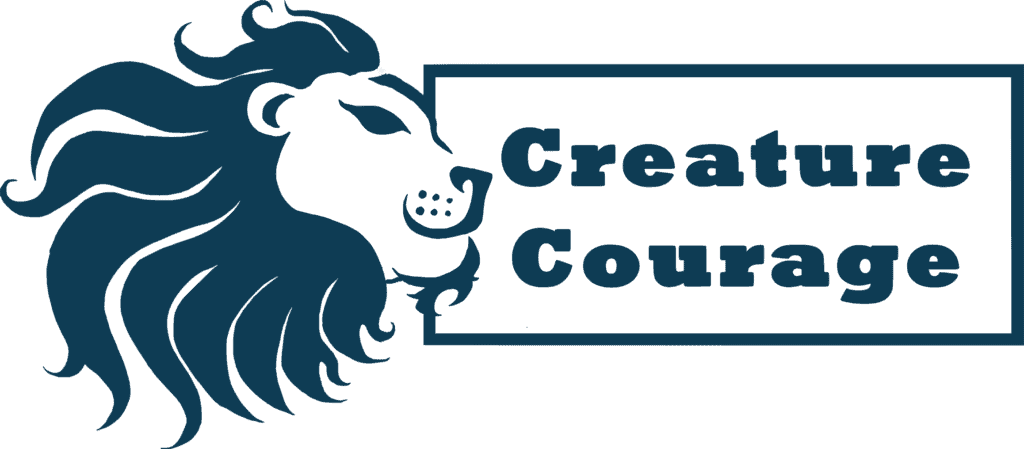
FAQ
- Can pigeons really transmit diseases to humans? While pigeons can carry diseases, the risk of transmission to humans is generally low. Practising good hygiene after potential contact is usually sufficient protection.
- Why do pigeons seem to be everywhere in cities? Pigeons thrive in urban environments due to abundant food sources, suitable nesting sites, and a lack of natural predators. Pigeons are feral domesticated animals so feel more at home closer to humans.
- Is it okay to feed pigeons? Many cities discourage feeding pigeons. However, many pigeons cannot survive without our help. As domesticated animals, they have been bred to rely and depend on humans. Feeding them healthy things like oats and bird seed can really help them as well as build your connection and appreciation for them. Check local regulations before feeding.
- Do pigeons remember people who are kind or unkind to them? Studies suggest pigeons can recognize and remember individual human faces, potentially associating them with positive or negative experiences.
- Are there any benefits to having pigeons in cities? Pigeons play a role in urban ecosystems, helping to clean up food waste and serving as prey for urban-dwelling birds of prey. They bring a lot of joy to people who feed them and interact with them, especially people who are lonely and are not able to keep pets.
- Can pigeons be kept as pets? Yes, pigeons make loving and affectionate pets. However, it’s important to ensure you can provide proper care before considering a pigeon as a pet.
